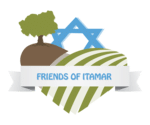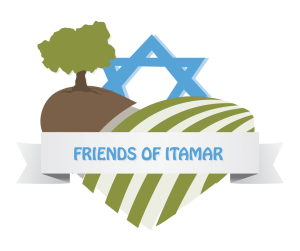Shabbat Hagadol Understanding The power of Shabbat
Rabbi Moshe Goldsmith http://youtu.be/PXDK6FdOlB8
Rabbi Goldsmith Pesach Message 2011 Shabbat Hagadol
Blessing over the trees http://youtu.be/J9LN5L9w580
Pesach – 2011
Pesach April 15, 2011 Our departure from Mitzrayim opened up the locked gates that withheld our personal and national freedom. This happened thousands of years ago, notwithstanding
Shabbat Cholo Moed Pesach – 2010
Shabbat Cholo Moed Pesach April 2, 2010 Rabbi Moshe Goldsmith It is an ancient custom to read the Song of Songson Shabbat Cholo Moed Pesach. The Song of Songs is described by the g
Shabbat HaGadol- Pesach – 2010
Shabbat HaGadol- Pesach March 26, 2010 Rabbi Moshe Goldsmith The Shabbat before the holiday of Pesach is known as Shabbat Hagadol, the great Shabbat. Many explanations have been
Pesach – Malchut(Kingship) 2009
Pesach April 2, 2009 The Talmud refers to Nissan as the month of liberation. “In Nissan our forefathers were redeemed from Egypt and in Nissan we will be redeemed.” (Ro
Purim Pesach – Redemption 2009
Purim – Pesach March 13, 2009 The thirty days that exist between Purim and Pesach bring with them an association of different ideas. For some people, it is the budding of the tre

